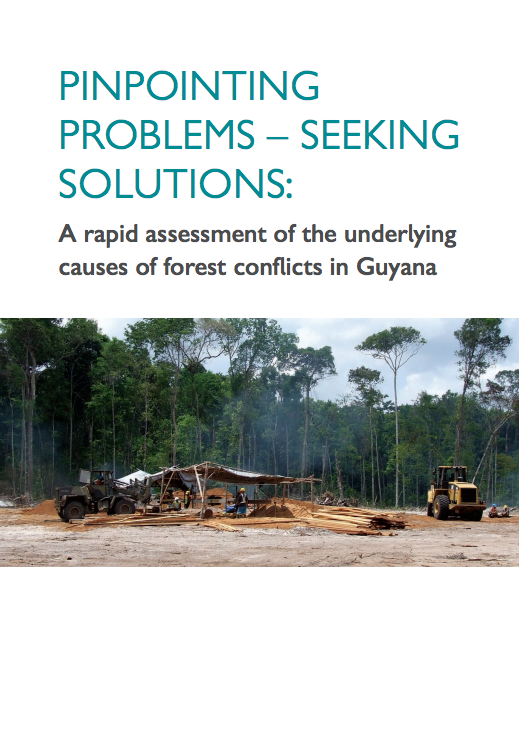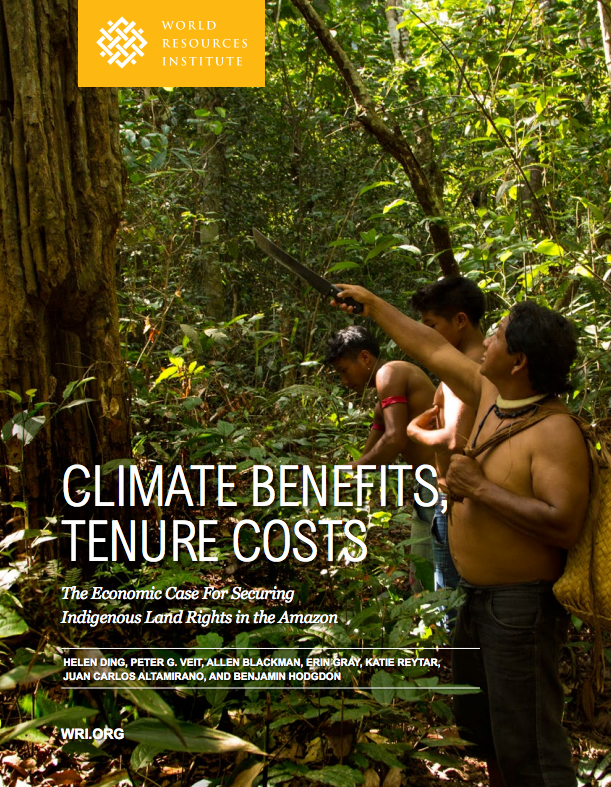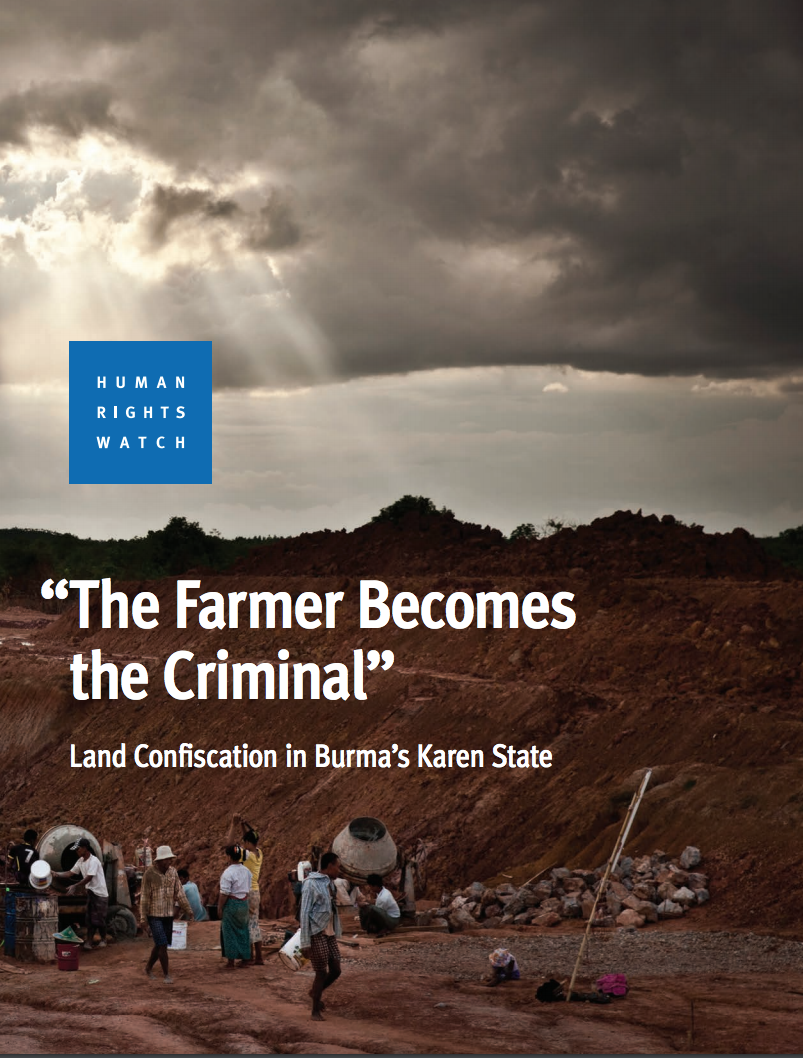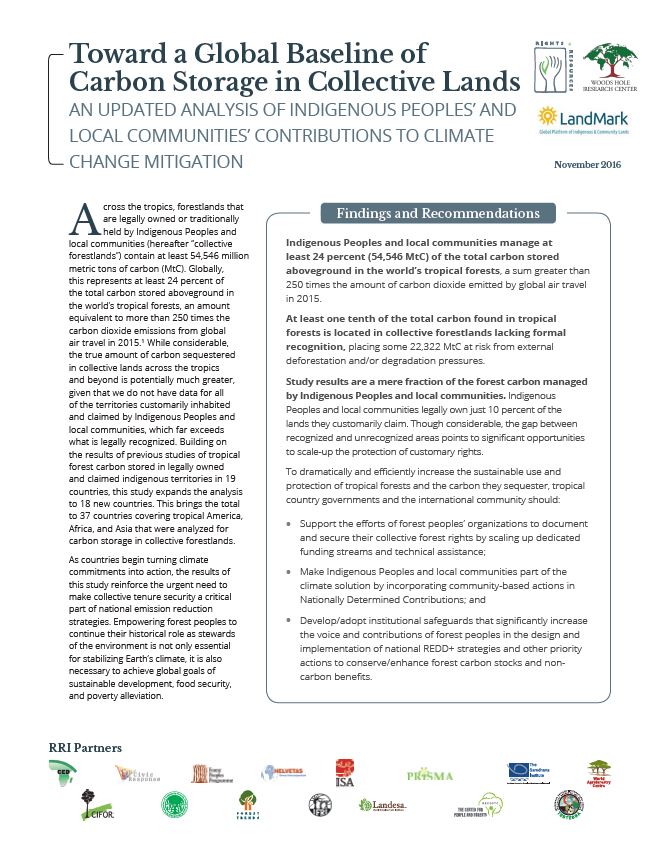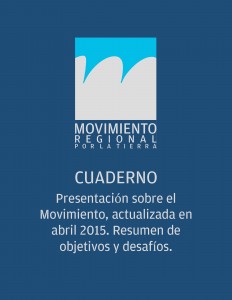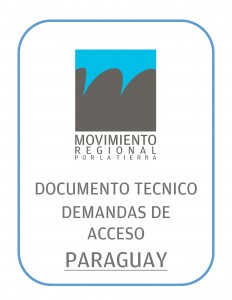Lok Niti: Indigenous Peoples and their Sacred Lands
This compilation of scoping studies on indigenous peoples in Bangladesh, Cambodia, India, Indonesia, Pakistan, and Philippines reveals how the basic bond of indigenous peoples to land are threatened by forces far more powerful than they are equipped to face.


